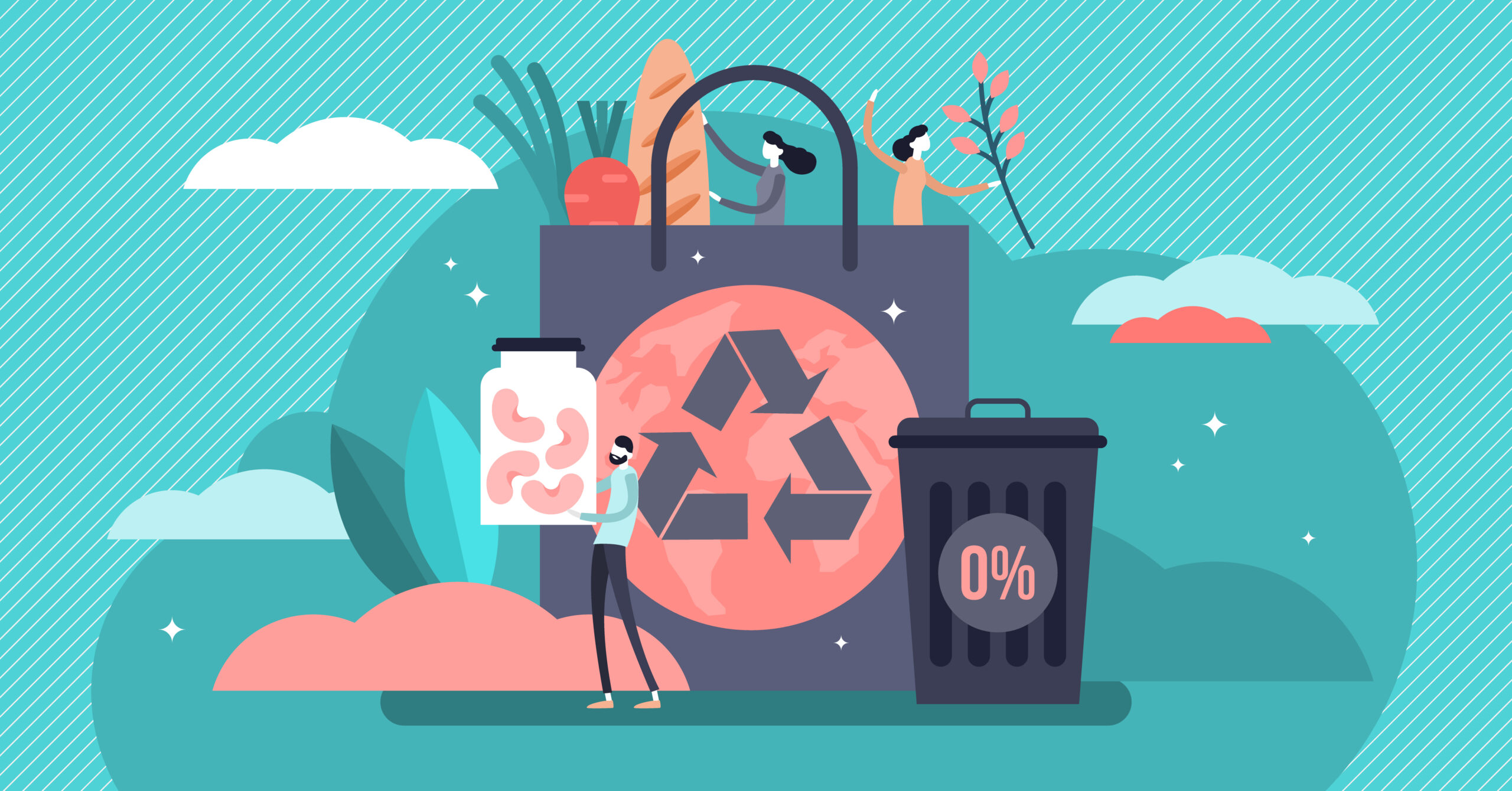Sustainability is no passing trend — it remains a key business priority for enterprises of every size. Consumers are paying closer attention than ever to the environmental footprints of the products they use, and the companies they purchase them from. Virtually all major retailers have launched multi-year initiatives to measurably cut emissions and decrease their carbon footprints. We have touched on sustainability and the importance of sustainable packaging before, but as we prepare to observe Earth Day 2023, it’s worth revisiting.
A sustainable supply chain involves three key areas – social impact, governance impact, and environmental impact. Products and services must be ethical; corporate governance must hold itself to high standards; and companies must be cognizant of how their supply chains affect the planet and its resources.
First celebrated in 1970, Earth Day now encompasses environmental awareness events and activities in more than 190 countries and involves more than a billion people. 2023’s theme is “Invest in Our Planet,” which is a worthwhile goal and mantra for any stakeholder operating in the supply chain space.
The Benefits of Sustainable Packaging
Sustainable packaging involves using packaging materials that are, quite simply, better for the environment. To determine whether product packaging is sustainable, manufacturers look at the life cycle of the material, how it is made, and how it can be reused. Sustainable packaging has a positive impact on the environment as it reduces waste, preserves resources, and lowers a company’s overall carbon footprint.
With overall consumer demand increasing, including an ongoing spike in e-commerce activity, the need for product packaging also increases. In a brick-and-mortar, setting the customer typically just takes the product directly off the shelf to purchase, often eliminating the need for extensive packaging. When buying online, there are often multiple layers of packaging needed to get the product safely from the fulfillment center to the customer’s door. Because of this, according to a 2022 survey, 86% of brand and packaging managers have altered the packaging they use for items sold online. Additionally, nearly 47% of survey respondents said they altered packaging in the last two years to use more sustainable materials.
A variety of companies are leading the way. Through its Frustration-Free Packaging initiative, Amazon is working with manufacturers and retailers that sell through the platform to eliminate supply chain waste and redesign their packaging to be more sustainable. ASOS, a clothing retailer, has made headlines for its commitment to sustainable packaging. The company’s shipping boxes are made of 100% recyclable packaging and their mailing bags are made entirely from recycled plastic.
Companies looking to take sustainability a step further may also consider switching to sustainable shipping platforms. Sustainable plastic pallets from iGPS are lightweight, durable, and 100% recyclable. They are also up to 20 pounds lighter than comparable woodblock pallets and therefore require less fuel for transport. For every 100,000 iGPS pallets shipped, nearly 5,000 gallons of fuel are saved, and there is a reduction of more than 130,000 pounds of greenhouse emissions.
Companies committed to sustainability use iGPS plastic pallets for all their shipping needs. Our lightweight, recyclable plastic pallets help make greener supply chains and reduce the Total Cost of Business. For more information, contact us at 1-866-557-0047, email a specialist at switch@igps.net, or visit our contact page.



